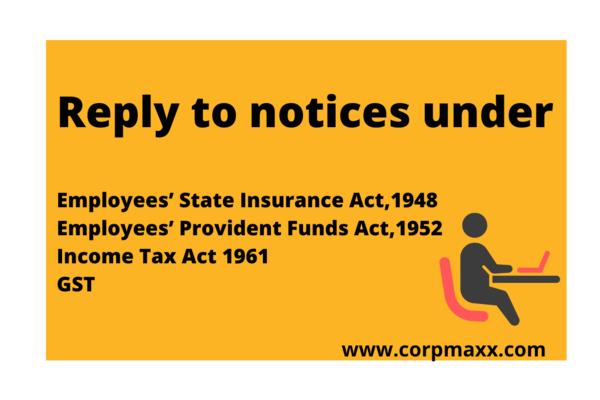



A Practical Guide to Section 7A Inquiries under the EPF Act, 1952:- i. Inquiries under section 7A should only be initiated for the purposes provided in the statute i.e., for deciding disputes of applicability of the Act to the establishment or for determining dues payable under the provisions of the Act/Schemes. Grounds such as non-submission of returns, non-production of records, non-cooperation during inspection etc. are beyond the sweep of section 7A and should be dealt with through other mechanisms such as prosecution. ii. Inquiries under section 7A should only be initiated where there are sufficient and tenable reasons for doing so i.e., there is existence of prima facie case. The Officer initiating the inquiry should record reasons in writing in the file of existence of a prima facie case based on evidence of default/evasion available on record or existence of an applicability dispute before initiating process under section 7A. Any inquiry or legal proceeding initiated without a prima facie case is of the nature of fishing and roving inquiry and the same is impermissible in law iii. A complaint is merely a source of information; at best, a lead. It does not constitute prima facie evidence. Any actionable complaint needs to be verified by the Enforcement Officer first and only on substantiation of the same on the basis of evidence collected, any inquiry under section 7A should be initiated. Initiating inquiries on the basis of complaints alone must be avoided as it is legally untenable. iv. Proximate nexus with the evidence and period of default available on record should be recorded in the file by the officer initiating the inquiry. Initiation of inquiries for prolonged periods such as more than 5 years should be avoided unless sufficient documents to do the assessment are available on record. 17/01/2025
We hate spam too.